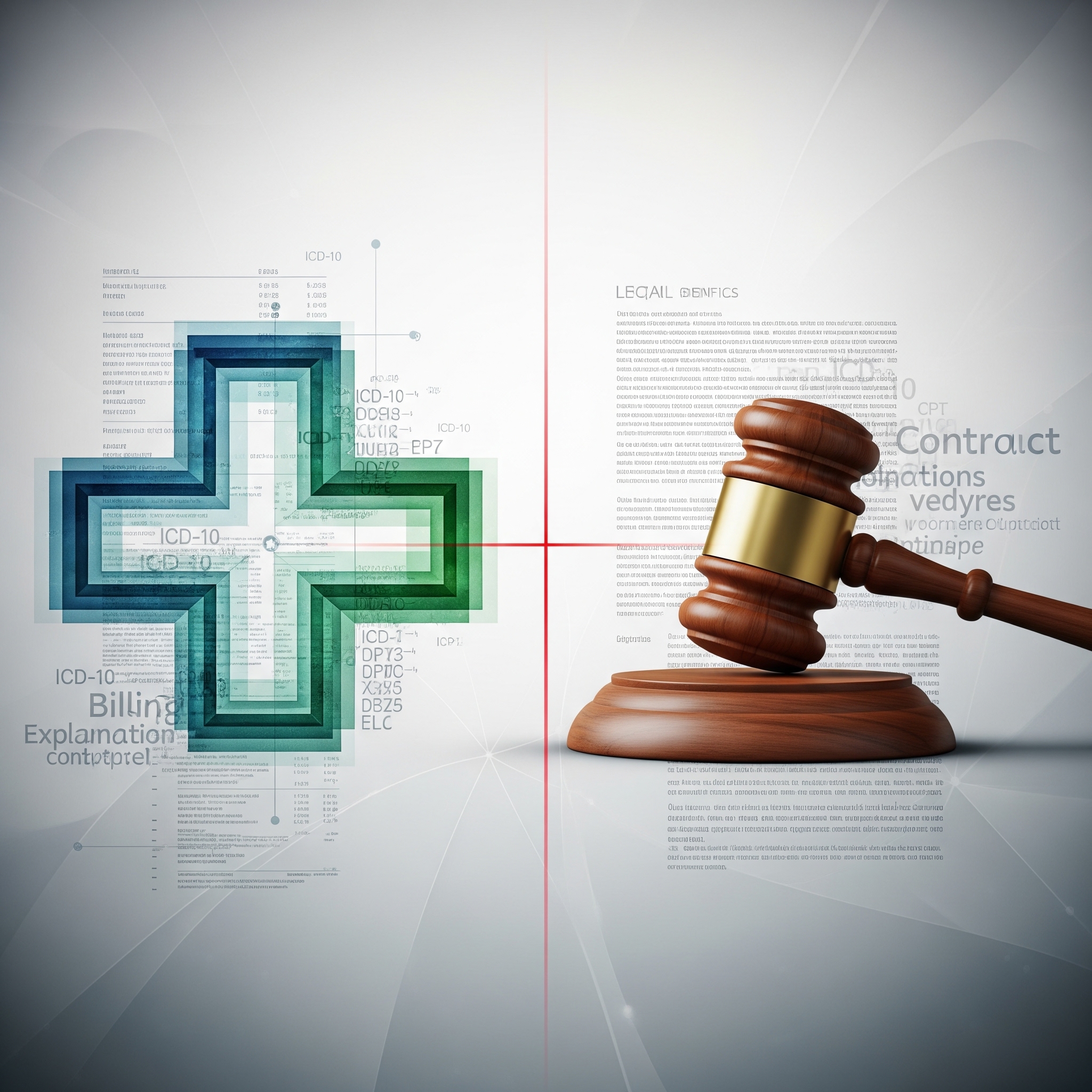Explore the legal options for shoppers injured by slips, trips, and falls at supermarkets like Walmart or Ralphs. Learn what steps to take immediately after an accident and how an attorney can help, even without video footage.
Slips, trips, and falls in supermarkets are common occurrences that can lead to serious injuries. Whether shopping at Walmart, Ralphs, or any other supermarket, understanding your legal options and knowing what steps to take immediately after an accident is crucial. This article provides comprehensive guidance for injured shoppers, including the importance of video footage and why you should contact an attorney regardless of the availability of video evidence.
Common Scenarios Leading to Slips, Trips, and Falls in Supermarkets
Supermarkets are bustling environments with numerous potential hazards. Here are some common scenarios that can lead to slips, trips, and falls:
Wet Floors
Wet floors, often caused by spills or cleaning, are a frequent cause of slips. Supermarkets are responsible for promptly addressing these hazards and placing warning signs to alert shoppers.
Obstructed Aisles
Aisles cluttered with boxes, merchandise, or other obstacles can cause shoppers to trip and fall. Proper maintenance and regular checks are necessary to keep aisles clear.
Uneven Surfaces
Cracked tiles, torn carpets, and uneven flooring can lead to trips and falls. Supermarkets must ensure their flooring is safe and well-maintained.
Poor Lighting
Inadequate lighting can make it difficult for shoppers to see potential hazards, increasing the risk of accidents. Proper illumination in all areas of the store is essential.
Steps to Take Immediately Following an Accident
If you experience a slip, trip, or fall in a supermarket, taking the following steps can help protect your rights and strengthen your potential legal claim:
1. Seek Medical Attention
Your health and safety are the top priorities. Seek medical attention immediately, even if you believe your injuries are minor. Some injuries may not be immediately apparent.
2. Report the Incident
Notify store management about the accident. Ensure they document the incident and provide you with a copy of the report. Reporting the incident creates an official record, which is crucial for any future legal action.
3. Gather Evidence
Collect as much evidence as possible at the scene. This includes taking photos of the hazard that caused your fall, your injuries, and the surrounding area. Get contact information from any witnesses who saw the incident.
4. Preserve Clothing and Footwear
Preserve the clothing and footwear you were wearing at the time of the accident. These items may be relevant in proving the conditions that led to your fall.
5. Avoid Making Statements
Avoid making detailed statements to store employees or insurance representatives about the incident. Limit your comments to basic facts, as detailed statements could be used against you later.
Video Footage: What to Do If You Have It vs. When You Don’t
Video footage can be a powerful piece of evidence in slip, trip, and fall cases. Here’s what to do in both scenarios:
If You Have Video Footage
- Secure a Copy: If possible, obtain a copy of the video footage. This footage can clearly show the conditions that led to your fall and help establish liability.
- Preserve the Evidence: Ensure the video footage is preserved and not deleted. This may involve formally requesting the supermarket to retain the footage.
- Share with Your Attorney: Provide the video footage to your attorney, who can use it to build a strong case on your behalf.
If You Don’t Have Video Footage
- Request Footage: Ask the supermarket to preserve and provide any video footage of the incident. Most supermarkets have surveillance cameras, and this footage can be requested through legal channels.
- Gather Other Evidence: Focus on collecting other types of evidence, such as photographs, witness statements, and medical records.
- Contact an Attorney: Even without video footage, an experienced attorney can help you gather evidence, establish liability, and navigate the legal process.
Why You Should Still Contact an Attorney
Regardless of whether video footage is available, consulting an attorney is crucial for several reasons:
Expertise in Personal Injury Law
An attorney specializing in personal injury law understands the complexities of slip, trip, and fall cases. They can navigate the legal system and work to secure the best possible outcome for you.
Investigative Resources
Attorneys have access to investigative resources that can uncover additional evidence, such as witness statements, maintenance records, and store policies.
Negotiation Skills
Insurance companies often attempt to minimize payouts. An attorney can negotiate on your behalf to ensure you receive fair compensation for your injuries, medical expenses, lost wages, and pain and suffering.
FAQs
What should I do if I slip and fall in a supermarket?
Seek medical attention immediately, report the incident to store management, gather evidence (photos, witness information), and preserve your clothing and footwear. Contact an attorney to help navigate the legal process.
How can video footage help my case?
Video footage can clearly show the conditions that led to your fall and help establish liability. It is a powerful piece of evidence that can support your claim.
What if the supermarket says there is no video footage?
Even if the supermarket claims there is no video footage, an attorney can help you gather other evidence to support your case. Request that the footage be preserved and focus on collecting photos, witness statements, and medical records.
Why is it important to contact an attorney after a slip and fall accident?
An attorney can provide expertise, investigate your case, negotiate with insurance companies, and work to secure fair compensation for your injuries. They have the resources and skills to build a strong case on your behalf.
Can I still file a claim if I don’t have video footage?
Yes, you can still file a claim without video footage. Other evidence, such as photos, witness statements, and medical records, can support your case. An attorney can help you gather and present this evidence effectively.
How much does it cost to hire a personal injury attorney?
Many personal injury attorneys work on a contingency fee basis, meaning you only pay if they win your case. This arrangement allows you to access legal representation without upfront costs.
Conclusion
Slips, trips, and falls in supermarkets like Walmart or Ralphs can lead to serious injuries. Knowing what steps to take immediately following an accident and understanding the importance of evidence, including video footage, is crucial. Regardless of the availability of video evidence, contacting an attorney can significantly enhance your chances of securing fair compensation and navigating the legal process effectively. Protect your rights and ensure you receive the support and representation you deserve.





